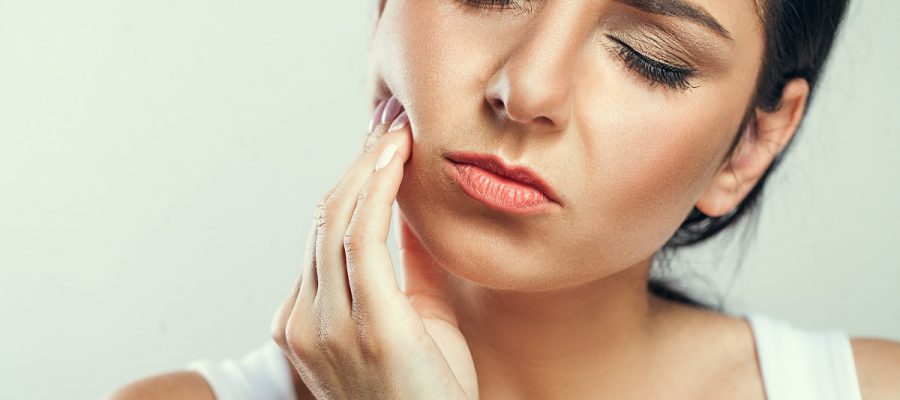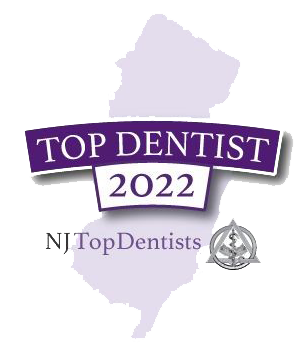
Can Nail-biting Lead to Bruxism?

People who bite their nails may be at an increased risk of grinding their teeth, also known as bruxism. Untreated bruxism can lead to a host of other health problems, such as headaches, broken teeth, and temporomandibular joint (TMJ) disorder (TMD).
Fortunately, bruxism can be addressed. Here New Jersey TMJ specialist Dr. Ivan Stein discusses treatments for bruxism.
Nail-biting and Bruxism
Bruxism can occur both while you are unconscious and while you are conscious; that is, while you are asleep and when you are awake. It may happen as a reaction to stress and anxiety, but it can be difficult to determine the precise cause of bruxism.
If you bite your nails, you may be more prone to develop bruxism. Those who chew on other items, such as pencils, may also face this increased risk.
Nail-biting can also have complications of its own, such as damage to the gums or teeth.
Problems Related to Bruxism
Bruxism can lead to any of the following issues:
- Worn down tooth enamel, which can cause sensitivity
- Jaw pain and headaches
- Receding gums
- Broken teeth
- Jaw misalignment
If you are experiencing any of these issues, you should consult a doctor about a possible case of bruxism. Some people are also informed by their partners that they are grinding their teeth while sleeping.
The effects of bruxism may require their own treatments, such as dental work to replace broken teeth. However, the underlying condition also needs to be treated to prevent further damage.
Bruxism Treatments
Splints or mouth guards are commonly recommended to bruxism patients. These will protect you if you start grinding your teeth unconsciously.
Some cases of bruxism require other types of treatment. If anxiety or stress is contributing to your bruxism, anti-anxiety medications may be prescribed.
Dental therapies can also be used. Microcurrent therapy, which involves sending electronic currents to the affected muscle tissues, is one example. This relaxes the muscle and can reduce pain and discomfort.
Bruxism can lead to more serious medical issues if it is left untreated. Consult a TMJ doctor to determine the cause of your bruxism and to prevent dental damage and other issues.
Get help preventing damage from teeth grinding or correcting issues caused by bruxism by visiting the Headache & TMJ Center of New Jersey. Call (855) TMJ-DOCS or (855) 865-3627, or email us to schedule your appointment.

